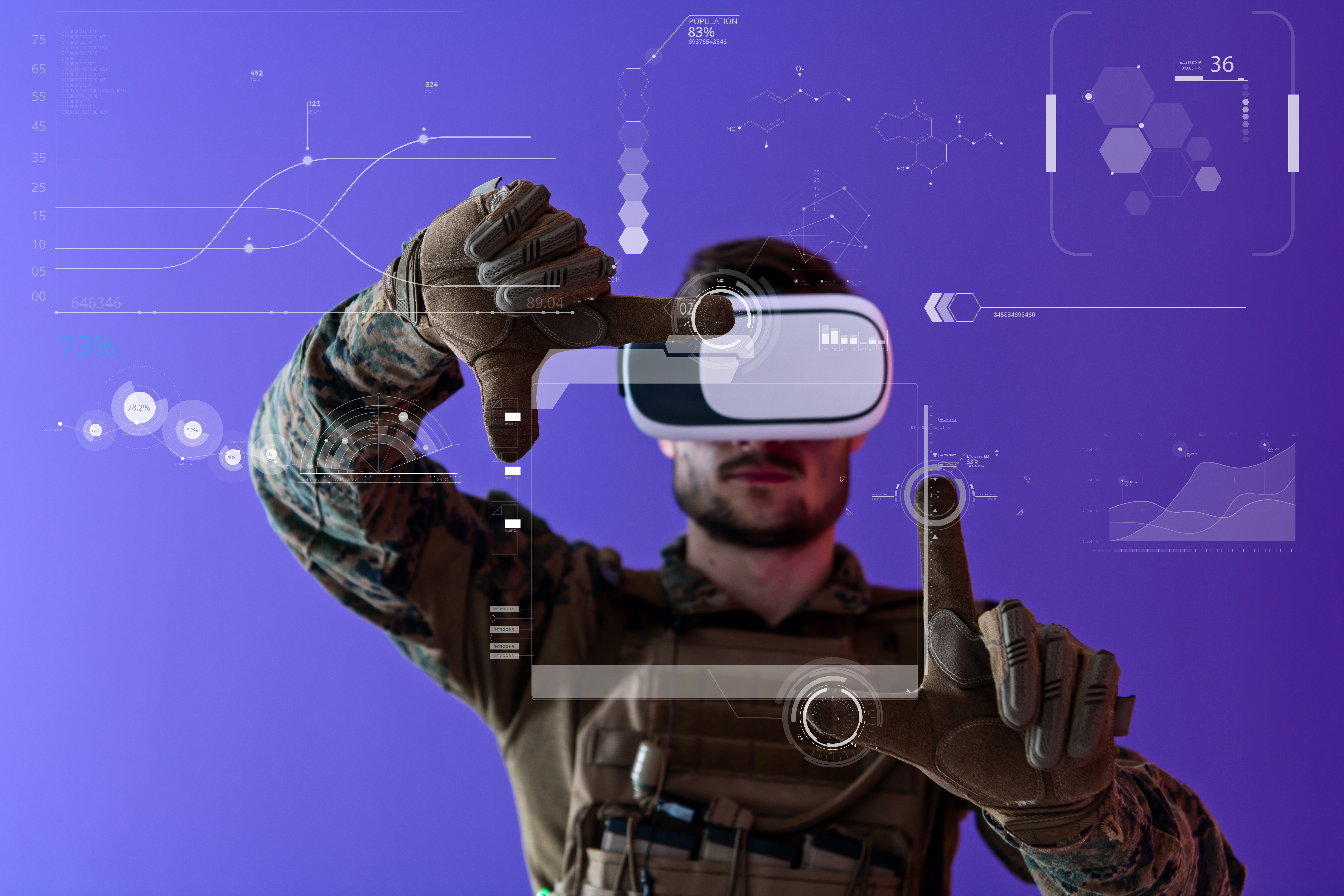Key Insights:
- Western nations have established AI safety bodies, yet military applications of AI lack stringent oversight and regulation.
- Major tech companies engage in ‘deftech,’ often outpacing government regulations, leading to potential safety and ethical issues.
- International efforts to regulate autonomous military technologies face resistance from key global powers, stalling progress on establishing binding rules.
As the world embraces artificial intelligence (AI), various Western governments have established institutions dedicated to AI safety. Notably, the UK, the US, Japan, and Canada have all initiated AI Safety Institutes, and the US Department of Homeland Security recently introduced an AI Safety and Security Board.
Despite these efforts, a critical gap remains in the exclusion of military AI applications from these safety protocols. This oversight occurs even as AI technologies are increasingly integrated into military operations worldwide.
Recent reports indicate that AI-enabled systems are already in use on battlefields, posing significant safety risks. For instance, an investigation by an Israeli magazine uncovered that the Israel Defense Forces utilized an AI program named Lavender to select targets for drone strikes. This system has reportedly led to high civilian casualties and extensive collateral damage, highlighting the urgent need for oversight in military AI applications.
The Role of Private Sector and Government Oversight
The surge in defense technology, or ‘deftech,’ has seen substantial investments from venture capitalists and active participation from major tech companies. Microsoft, for instance, has offered its generative AI tool, Dalle-E, to the US military. Meanwhile, companies like Clearview AI have provided facial recognition technology to Ukraine to identify opposing forces.
This sector, however, operates with minimal governmental regulation. Notably, the landmark EU AI Act explicitly excludes military AI systems from its regulations, a sentiment echoed by the US government’s Executive Order on AI, which also has significant exemptions for military applications.
The lack of stringent governmental oversight has allowed the deftech sector to expand rapidly without adequate safety checks. This scenario raises concerns about the ethical and safe deployment of AI technologies in military settings, where the stakes include not only national security but also international humanitarian norms.
International Efforts and Resistance
The international community has recognized the dangers posed by autonomous military technologies. In 2018, UN Secretary-General António Guterres called for a ban on autonomous weapons, which he described as “morally repugnant.” More than 100 countries have shown interest in adopting new international laws to restrict such systems.
However, major military powers like the US, the UK, Israel, and Russia have resisted binding regulations, which has stymied progress towards global governance of military AI.
This resistance underscores a broader issue: the lack of a unified approach to regulating AI in military use, which hampers the ability to set international standards and ensure compliance with existing laws of war. Without concerted action, the deployment of AI in military contexts remains a grey area fraught with legal and ethical uncertainties.
The Human Cost and the Need for Regulation
The decision not to regulate military AI carries profound human costs. While AI systems can potentially increase the speed of military decision-making, they can also be prone to errors. They may only sometimes comply with international standards on proportionality and distinction. Relying on such technologies in critical military operations can lead to unintended civilian casualties and escalate conflicts, highlighting the need for human oversight and accountability.
In light of these challenges, international bodies and national governments must reconsider their stance on military AI. Strengthening regulations and establishing clear guidelines for the deployment of AI technologies in military operations could help safeguard civilian lives and maintain international peace and security. As AI continues to evolve, ensuring it is used responsibly in military contexts will be crucial for upholding human rights and ethical standards on the global stage.
